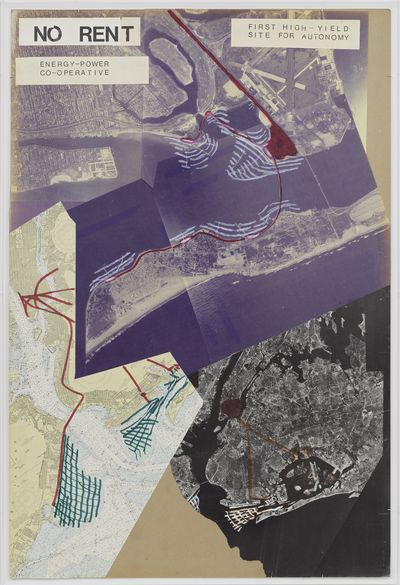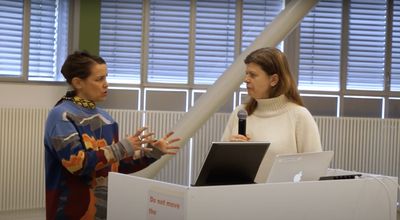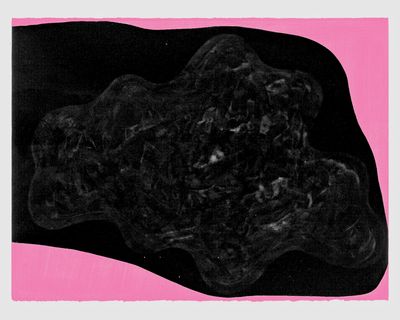Exploring Energy EcologiesSascha Roesler
Since the late 1960s, landscape architects such as Ian McHarg, Anne Whiston Spirn and Michael Hough, as well as urban planners such as Ralph Knowles and Vladimir Matus were increasingly aware of the urban dimensions of energy. Hough introduced the notion of an “energy landscape,” pioneering “an ecological view that encompasses the total urban landscape.” Energy was addressed not only as a problem of infrastructure and supply, but, moreover, as a question of permanent exchange within the existing urban environment, involving ambient energy sources such as winds and the sun. The perspective of the individual building was abandoned in favour of a more cooperative view of the city.
Today, the notion of “energy ecology” turns out to be of fundamental significance for rethinking architecture’s relation to energy infrastructures. While in the last few decades the discipline of architecture was mainly concerned with the self-sufficiency of individual buildings, the notion of energy ecology emphasises the need for a new urban scale for saving and producing energy, integrating technological systems, natural processes, and built structures. In my talk, critical components of future energy landscapes shall be discussed, based on an archaeological exploration of ecological urbanism of the recent past. Referring to the writings of Anne Whiston Spirn, the historian of technology Thomas Hughes speaks of the “overlapping natural and human-built systems found in cities”. Urban energy ecologies can be conceived as three-dimensional, multilayered “palimpsests” (André Corboz) in which large-scale infrastructures and natural forces intersect.
Sascha Roesler is an architect and theorist, working at the intersection of architecture, ethnography, and science and technology studies. He is the Associate Professor for Theory of Urbanization and Urban Environments at the Academy of Architecture in Mendrisio, Switzerland (Università della Svizzera Italiana). Roesler has published widely on issues of global architecture, sustainability, and environmental technologies. His books include Weltkonstruktion (Gebr. Mann, 2013, 2021), a global history of architectural ethnography, and Habitat Marocain Documents (Park Books, 2015), a volume on the transformation of a colonial settlement in Casablanca. The latter was awarded the DAM architectural book award in 2016 as one of the year’s ten outstanding architectural publications. Most recently Roesler launched a new international series entitled KLIMA POLIS, published by Birkhäuser. The two first volumes of this book series aim at rethinking climate control—a key concern of the discipline of architecture—through the lens of urban climate phenomena. These two books entitled City, Climate, and Architecture (Birkhäuser 2022) and Coping with Urban Climates (Birkhäuser 2022) question whether the energy-source supply of urban architecture can still be taken as a private matter.




